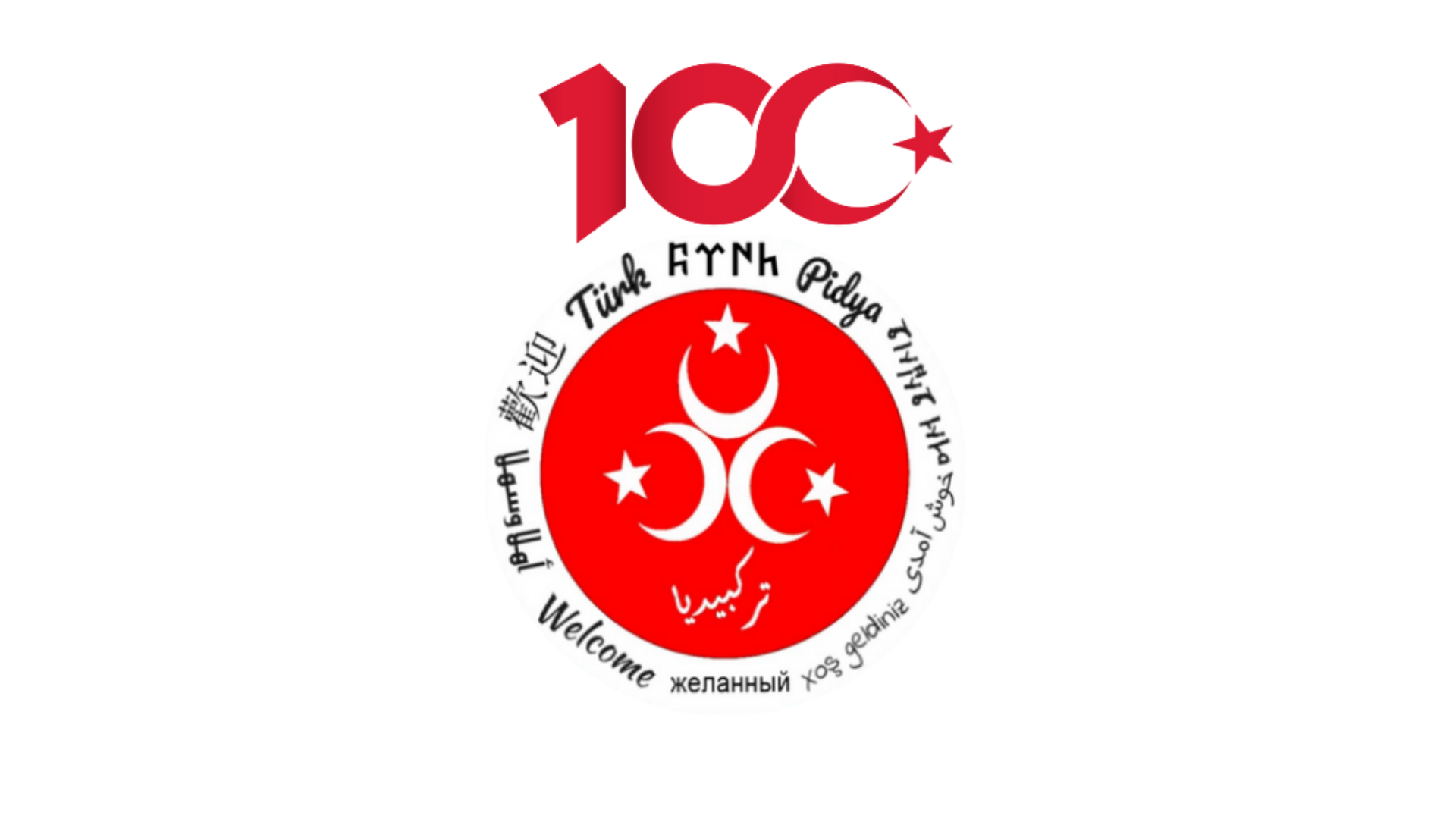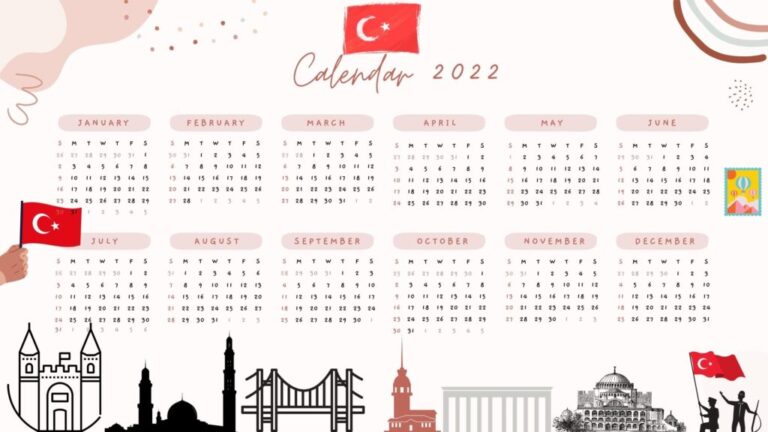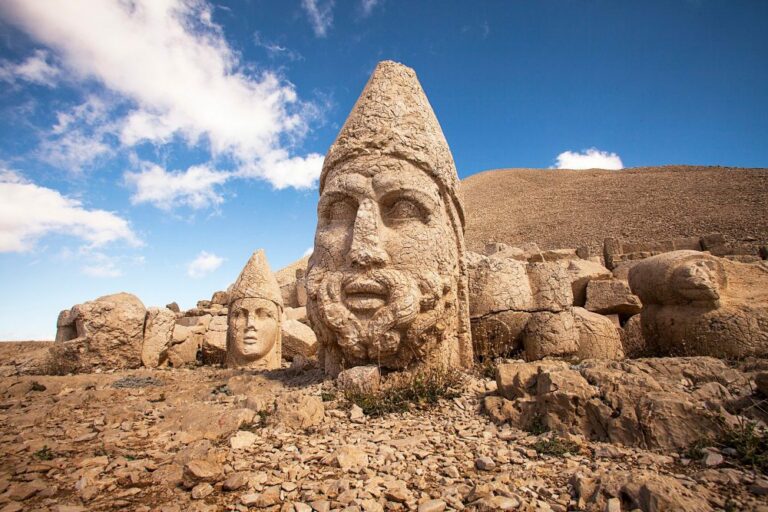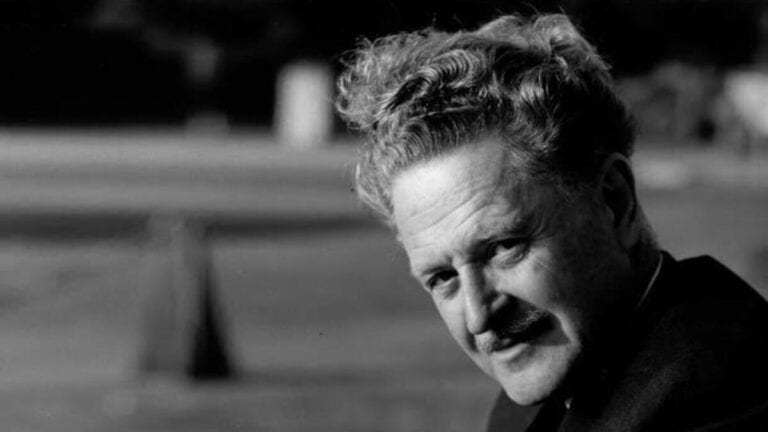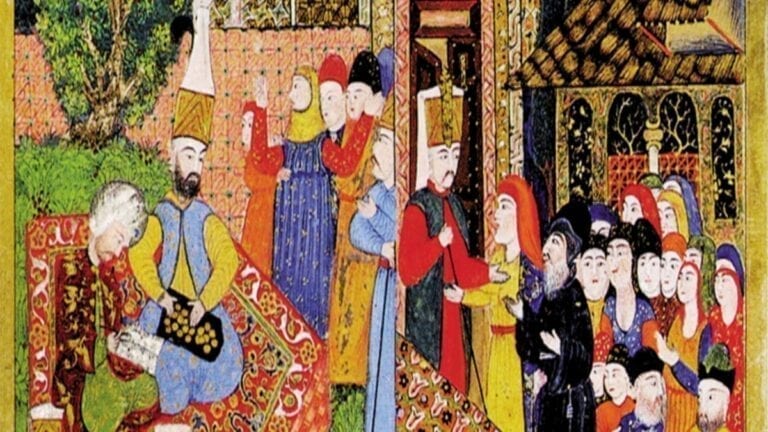Table of Contents
Eid al-Adha, fondly known as the Festival of Sacrifice or Kurban Bayramı in Turkish, is a significant religious event celebrated by Muslims worldwide. In 2023, this momentous occasion will begin on Wednesday, June 28th, in Turkey.
This article provides a comprehensive guide to understanding and experiencing Eid al-Adha in Turkey in 2023.
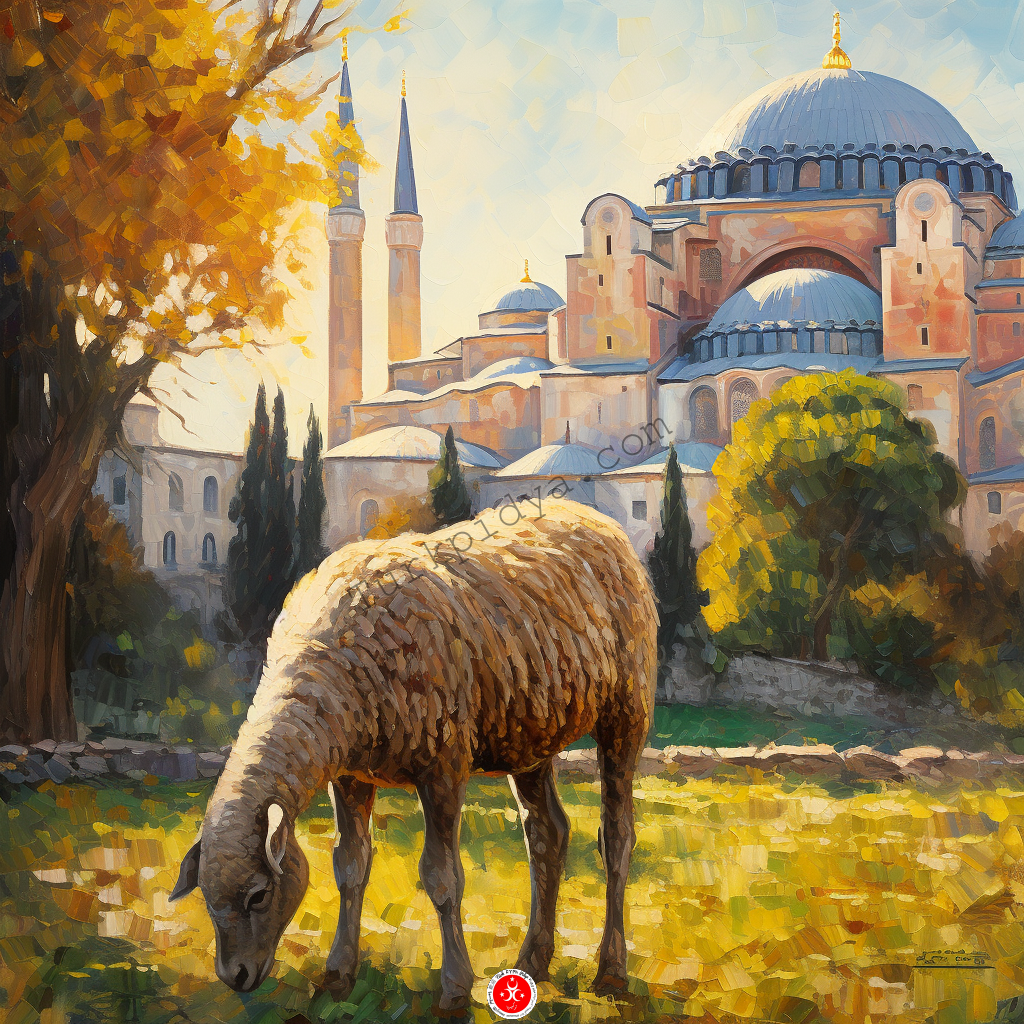
When is Eid al-Adha in 2023
In 2023, the first day of Eid al-Adha in Turkey is set to fall on Wednesday, June 28th. This festival spans four days, providing ample time for families to come together and participate in various customs and festivities.
The Significance of Eid al-Adha
Eid al-Adha commemorates the willingness of Prophet Ibrahim (Abraham) to sacrifice his son in obedience to God’s command. However, God, in his mercy, replaced his son with a ram. This festival is a testament to faith, sacrifice, and gratitude.
Eid al-Adha Celebrations and Traditions in Turkey
Eid al-Adha in Turkey is marked by various customs and traditions. These include:
- Special Morning Prayer: On the first day of Eid al-Adha, men from each family traditionally go to the mosque for a special morning prayer.
- Animal Sacrifice: A central aspect of Eid al-Adha is the ritualistic sacrifice of an animal, typically a sheep, goat, or cow.
- Family Reunions: Eid al-Adha is a time for family reunions. People travel to their hometowns, where they gather with loved ones.
- Respect and Blessings: Younger family members pay their respects to elders by kissing their hands and then lifting them to their foreheads, a gesture that signifies reverence and receives blessings in return.
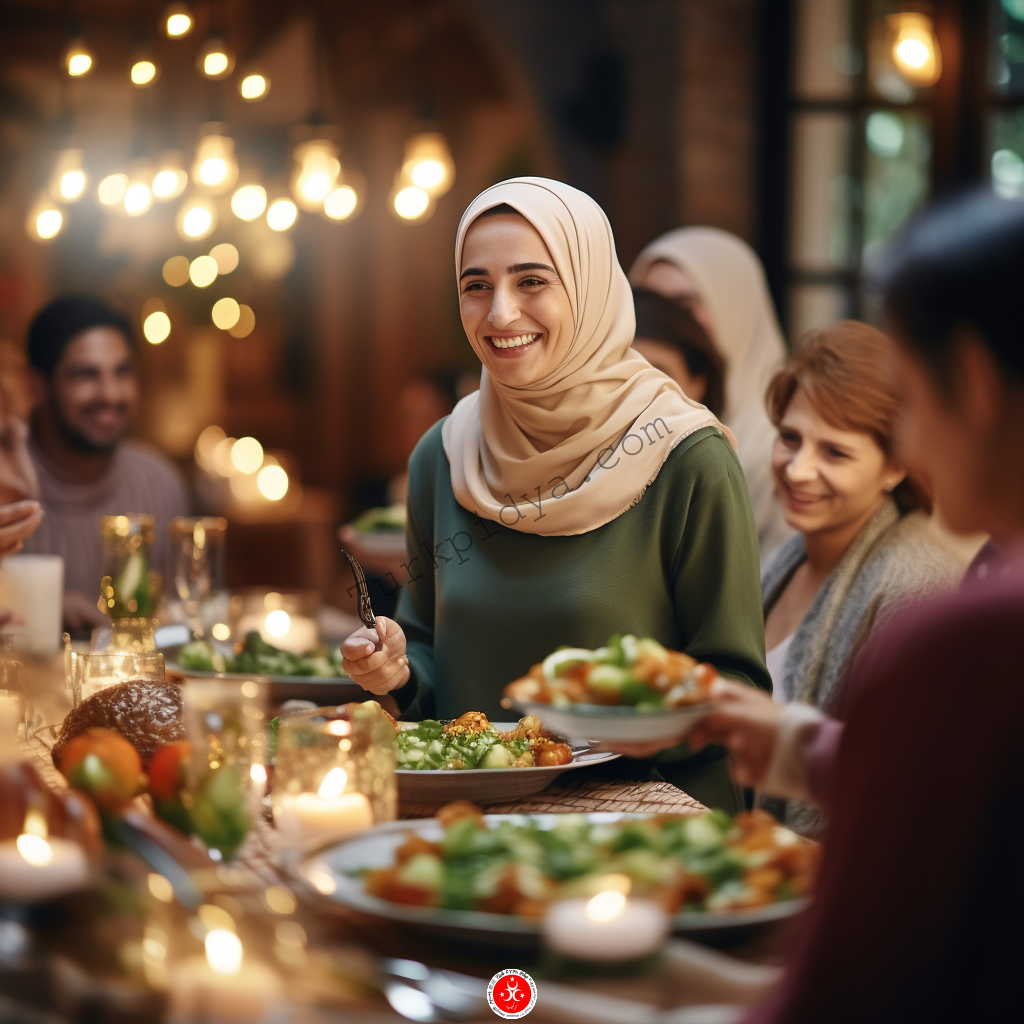
️ Eid al-Adha in Turkey 2023: What to Expect
During Eid al-Adha, Turkey observes a nationwide public holiday. Schools and most businesses are closed, allowing everyone the opportunity to participate in the celebrations.
However, it’s important to note that certain tourist attractions may have closures during this period.
How Many Days is Eid Al Adha Holiday in Turkey
Eid Al Adha Holiday in Turkey is a four and a half day public holiday that falls on the tenth day of the month of Dhul-Hijjah in the Islamic lunar calendar.
In 2023, it will start on Wednesday, June 28 and end on Monday, July 3. Eid Al Adha is also known as Kurban Bayramı in Turkish and it is the most important Islamic religious festival of the year.
Important Turkish Words For Eid Al Adha
- Kurban Bayramı: This is the Turkish name for Eid al-Adha. It translates to “Sacrifice Feast” or “Feast of the Sacrifice”.
- Bayramınız Kutlu Olsun: This is a common greeting during Eid al-Adha and other holidays. It translates to “May your holiday be blessed”.
- Kurban: This is the Turkish word for “sacrifice”. It refers to the animal (usually a sheep, goat, or cow) that is sacrificed during Eid al-Adha.
- Namaz: This is the Turkish word for “prayer”. It refers to the special prayers that are performed during Eid al-Adha.
- Aile: This is the Turkish word for “family”. Family gatherings are a significant part of the Eid al-Adha celebrations.
- Hayır: This is the Turkish word for “charity”. Giving to the poor and needy is a key tradition of Eid al-Adha.
- Bayramlaşmak: This is a special term used to describe the act of exchanging holiday greetings with friends, family, and neighbors.
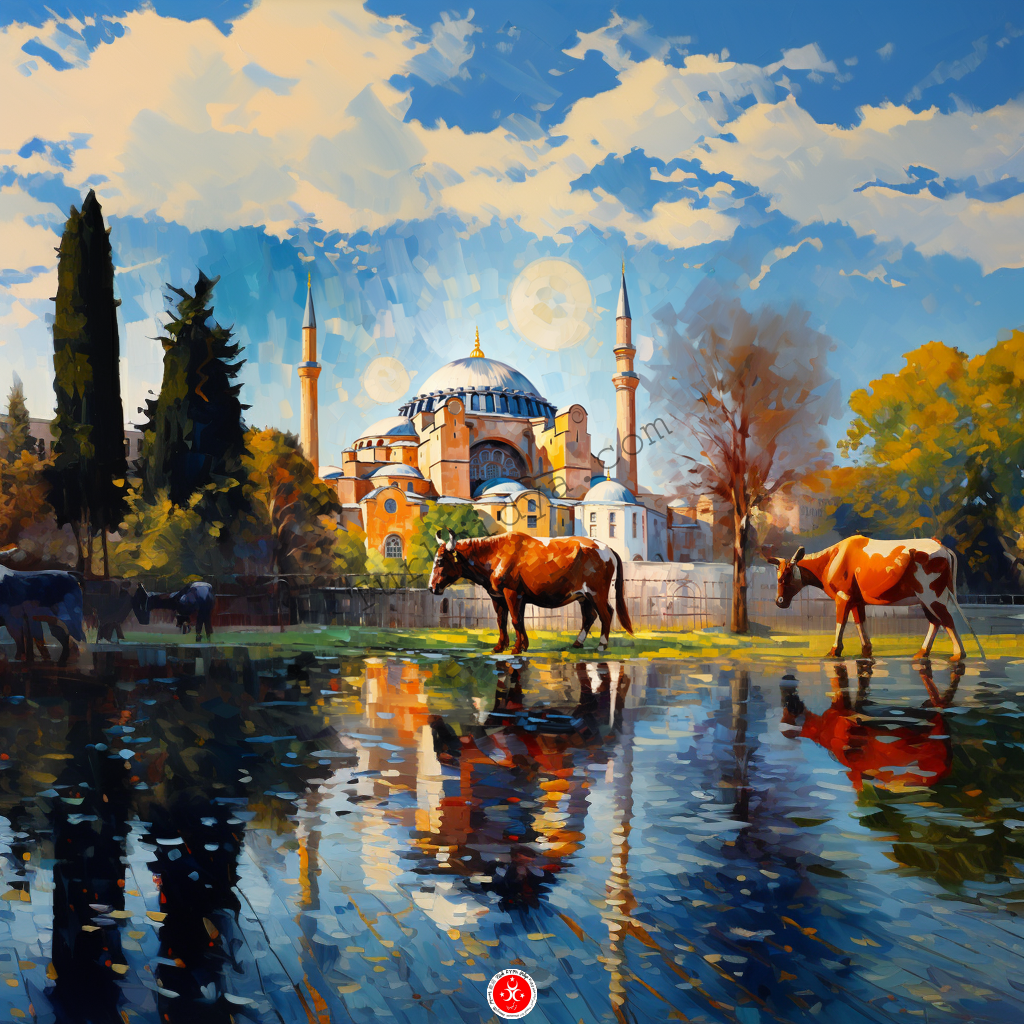
️ Traditional Foods during Eid al-Adha in Turkey
During Eid al-Adha, or Kurban Bayramı, traditional foods play a significant role in the celebrations. After the animal sacrifice, the meat is divided into three parts. One part is kept for the family, another is given to relatives and friends, and the last part is donated to the needy. This meat is used to prepare various traditional dishes.
One of the most common dishes is “Kavurma”, which is made by frying the meat with some salt and storing it in its own fat. This method of cooking preserves the meat, allowing it to be consumed over several days. Other popular dishes include “Börek” (a baked filled pastry made of thin flaky dough), “Baklava” (a sweet dessert pastry made of layers of filo filled with chopped nuts and sweetened with syrup or honey), and “Dolma” (vegetables or leaves stuffed with a mixture of rice and meat).
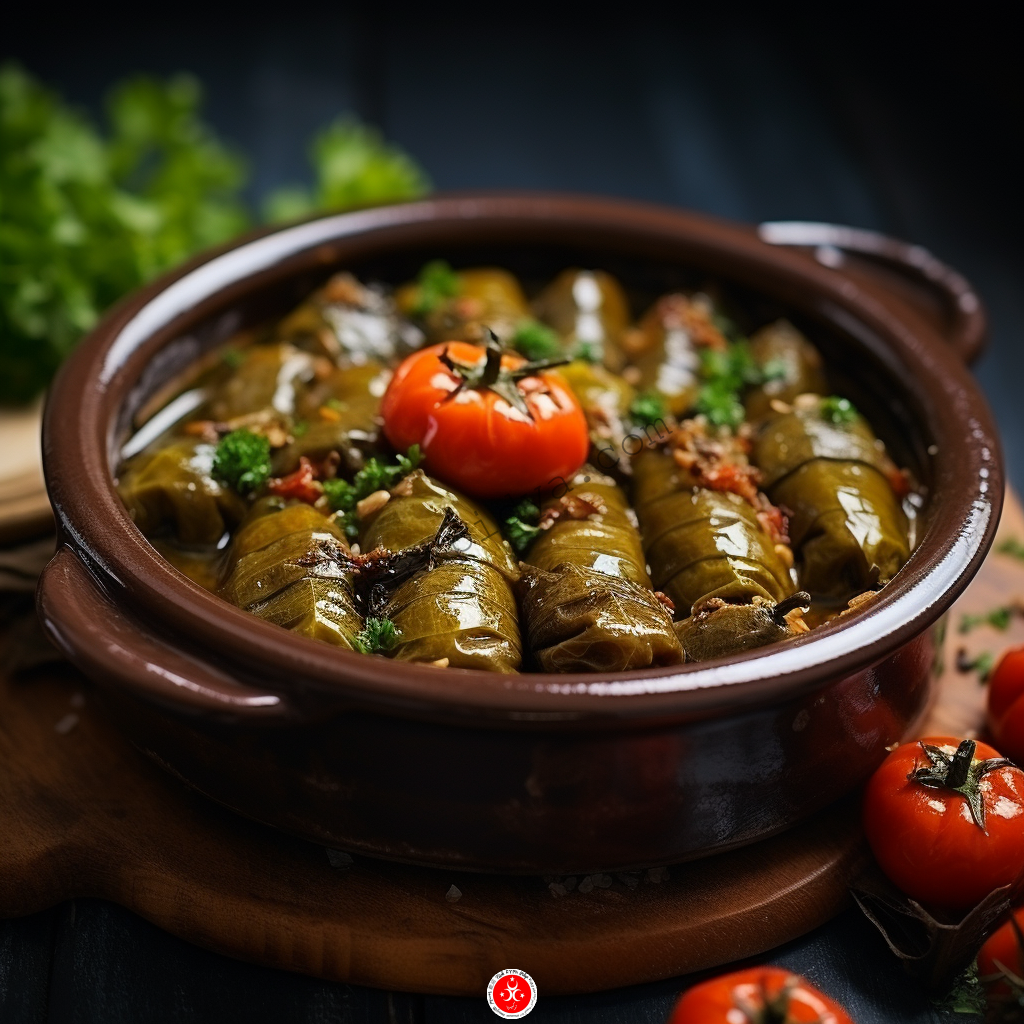
Gift-Giving during Eid al-Adha in Turkey
Gift-giving is a cherished tradition during Eid al-Adha in Turkey. It’s common for older family members to give “Bayram Harçlığı” to children. This is a small amount of money given as a gift, similar to the concept of “Eidi” in other Muslim cultures. It’s a way to share the joy of the festival with the younger generation and teach them about the value of giving.
Moreover, it’s customary to visit friends and family during the holiday, and guests often bring sweets, chocolates, or other gifts as a token of their love and respect. This tradition of gift-giving strengthens bonds among family members and friends and adds to the festive spirit of Eid al-Adha.
Understanding the Role of Butchers during Eid al-Adha in Turkey
During Eid al-Adha, or Kurban Bayramı, the role of butchers in Turkey becomes particularly significant. As part of the religious observance, many families choose to perform a ritualistic animal sacrifice, typically a sheep, goat, or cow. This practice requires the expertise of skilled butchers who ensure that the sacrifice is carried out in a humane and respectful manner, in accordance with Islamic principles.
Butchers are also responsible for dividing the meat into portions for distribution among family, friends, and the needy. Their work is not only essential for the practical aspects of the festival but also contributes to the spirit of sharing and charity that defines Eid al-Adha.
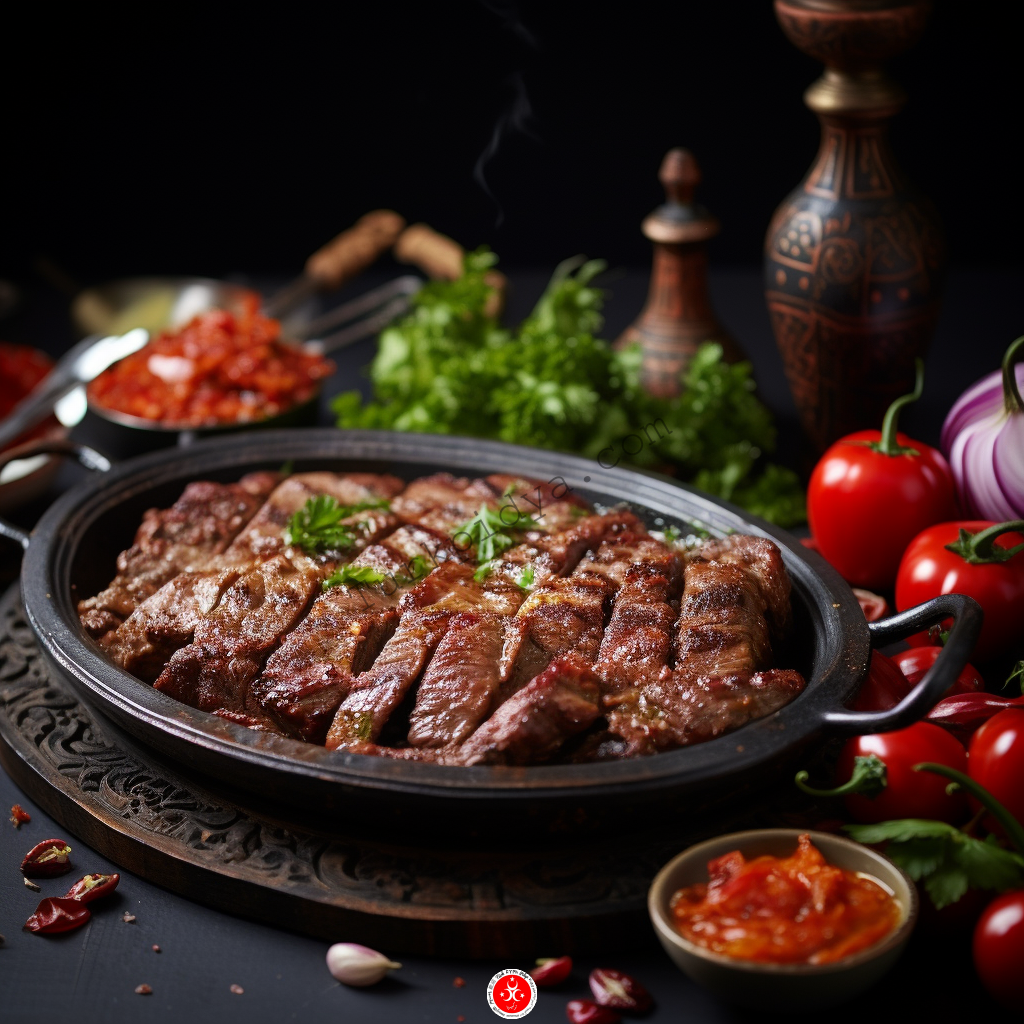
Conclusion: Embracing the Spirit of Eid al-Adha in Turkey
Eid al-Adha, the auspicious festival of faith and sacrifice, brings families closer, strengthens bonds, and encourages acts of charity. By understanding the traditions, historical significance, and vibrant celebrations of this occasion, you can fully embrace the rich cultural tapestry and warm hospitality that define Eid al-Adha in Turkey.
